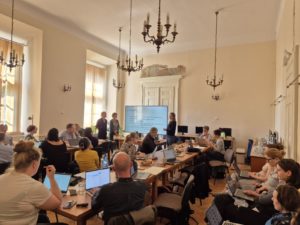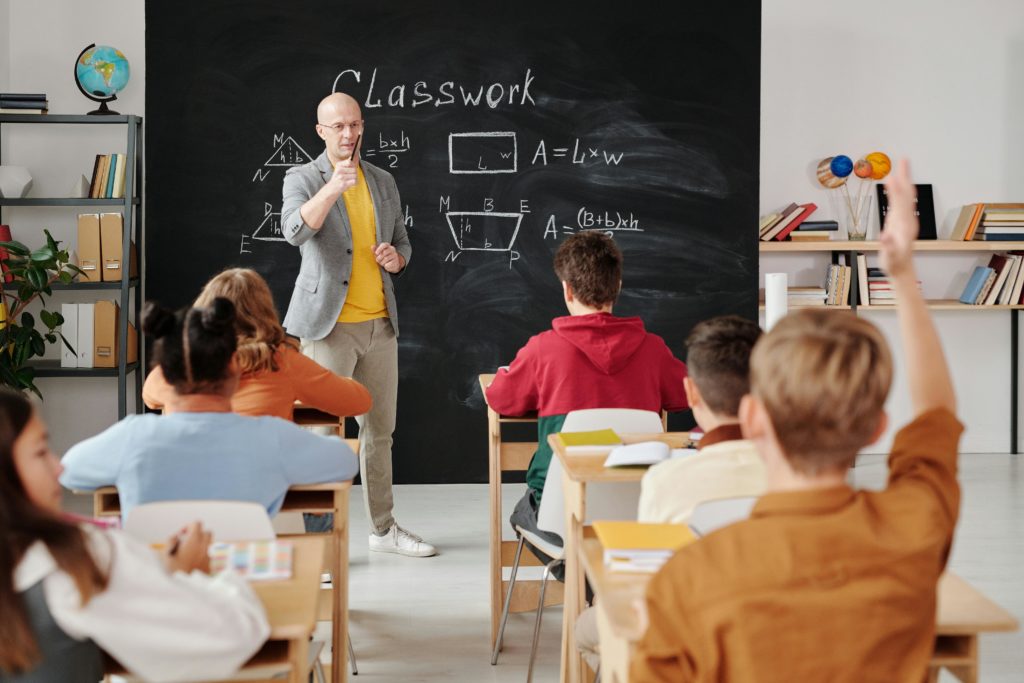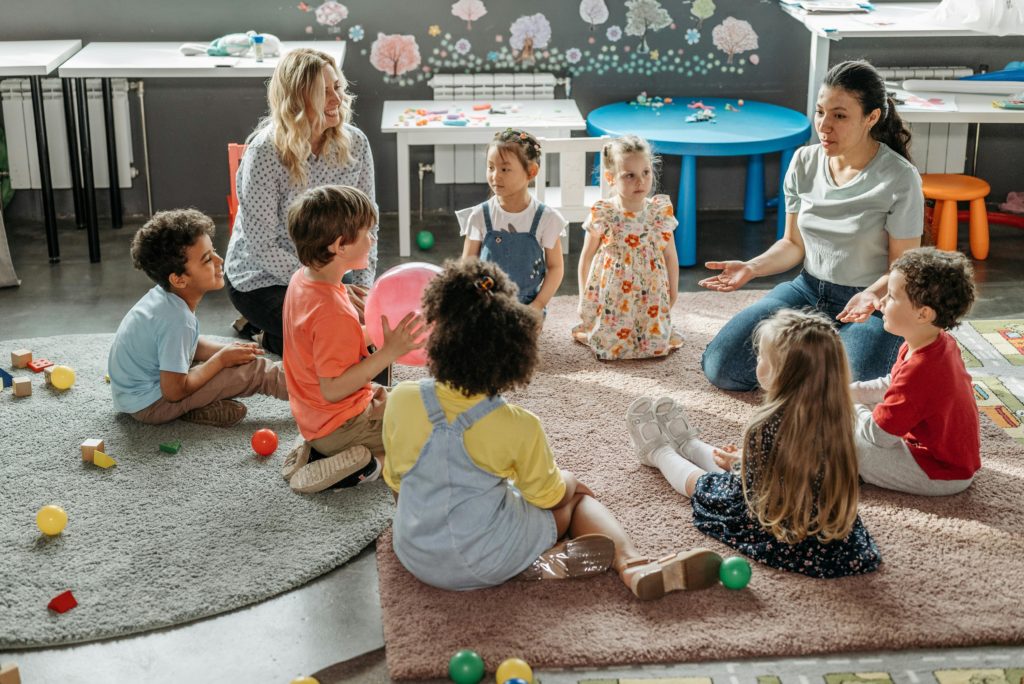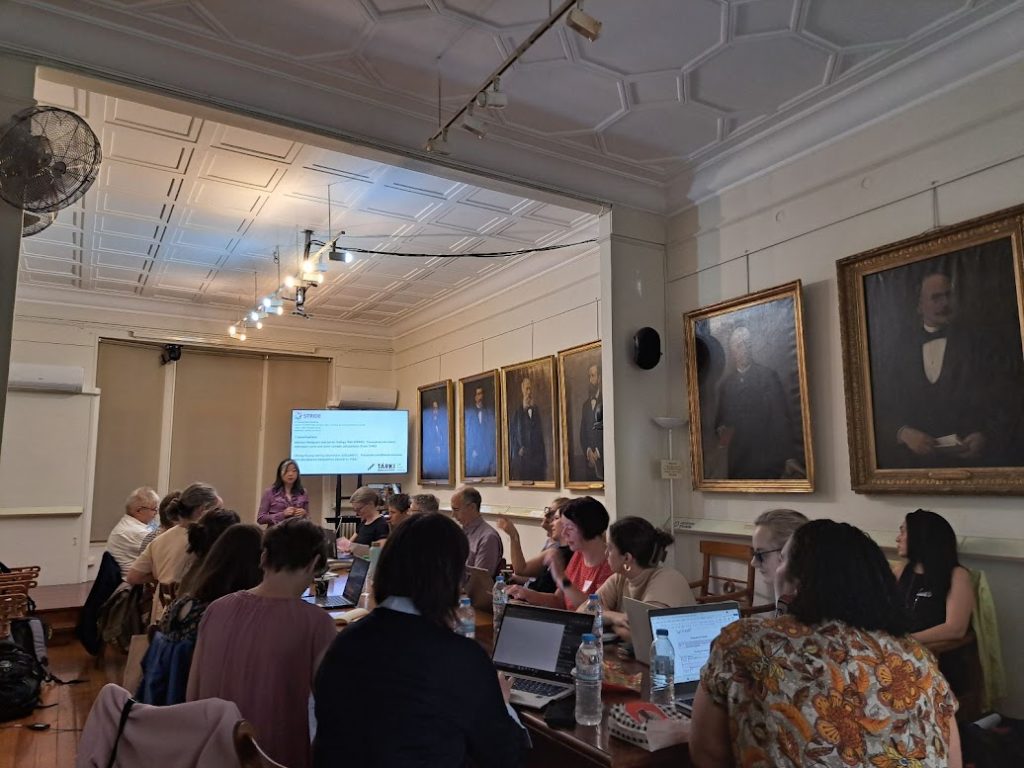Press Release
A new study from the University of Roehampton and Universidad Carlos III de Madrid reveals that the political confidence gap between males and females in England significantly widens between ages 11 and 16.
Furthermore, it shows that creating an environment for an open classroom discussion, a popular pedagogical tool, boosts the confidence of boys but not of girls. Data from the European Social Survey (ESS) 9th wave, 2020 (see graph below[1]), shows that, on average, men report higher political confidence than women in Great Britian and across other European countries[2] and this gap has remained fairly stable over the last 20 years. The new study shows that the gap develops early in life.
The research, based on data from the Citizenship Educational Longitudinal Study in England, was carried out by Professor Bryony Hoskins, Chair of Comparative Social Science at the University of Roehampton, and Gema Garcia-Albacete Universidad Carlos III de Madrid.[3]
The data collected by The National Foundation for Educational Research over a seven-year period involved a panel of students from 112 state schools who were asked identical questions. The researchers gauged political self-confidence by having participants rate their agreement with statements such as ‘Politics is too complex for me to understand.’ The findings indicate that while male students’ political self-confidence significantly increases from the age of 11 to 16, female students’ political self-confidence remains unchanged. In addition, classroom discussions contribute to widen the divergent effects for girls and boys.
Drawing on previous studies the researchers argue that boys tend to dominate classroom discussions and receive more positive feedback from both peers and teachers, which boosts their political self-confidence. Girls, on the other hand, fare less well with open classroom discussion, participate less and are more likely to receive negative responses from both peers and teachers when they do speak, hindering their development.
Overall, the study highlights the importance of equitable educational practices and the need for targeted interventions to support girls’ political self-confidence, with the aim of reducing the gender gap and strengthening democratic participation. Currently these two academics are collaborating on an EU project, G-EPIC[4] to develop interventions that will support the confidence of disadvantaged girls on confidence to engage in politics.
Professor Bryony Hoskins says: “To address this gender gap, schools need to create more inclusive environments where girls feel equally empowered to participate in political discussions and activities. By doing so, we can foster a generation of young women who are confident in their political voice and go on to be future political leaders.”
Professor Gema García-Albacete says: “Our next step is to identify the key challenges that girls face in the classroom when it comes to building self-confidence. Once we understand these obstacles, we can develop new tools to help girls gain the confidence they need to actively participate in the political sphere.”
For further information, please contact:
Richard Billinge / Hannah Badawi-Crook
Four Agency
Email: UniversityofRoehampton@four.agency
[1] This graph was created by Lidia Núñez-Alañón using European Social survey data
[2] Bryony Hoskins, Gema García-Albacete and Agnès Hubert “Gender Gap in Politics to Get Involved in Politics,” Roehampton University, February 15, 2023.
[3] The researchers used the Citizenship Educational Longitudinal Study dataset, conducting a longitudinal panel study of students from 112 state-maintained schools in England, and employed multilevel analysis to examine changes over time. They included prior levels of political efficacy in the model and control variables like parental education and the number of books at home to mitigate attrition bias.
[4] Gender Empowerment through politics in classrooms www.G-EPIC.eu















